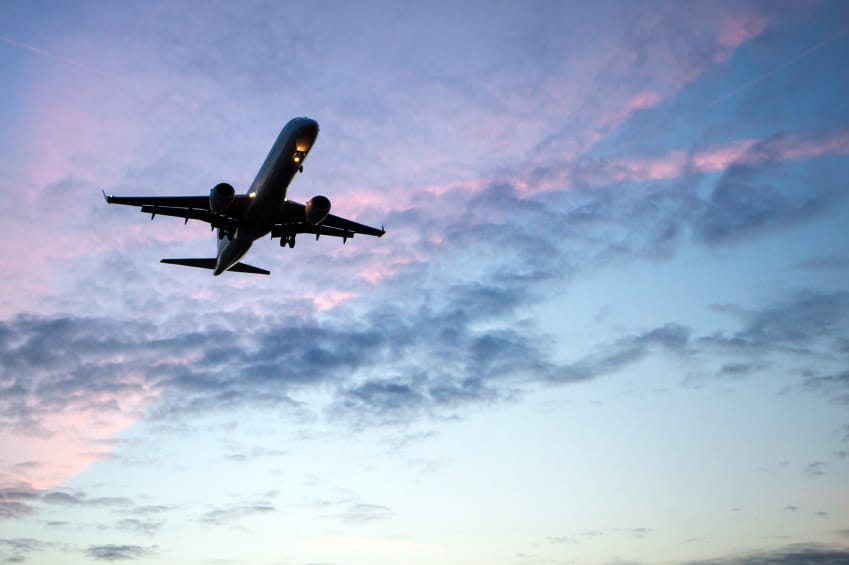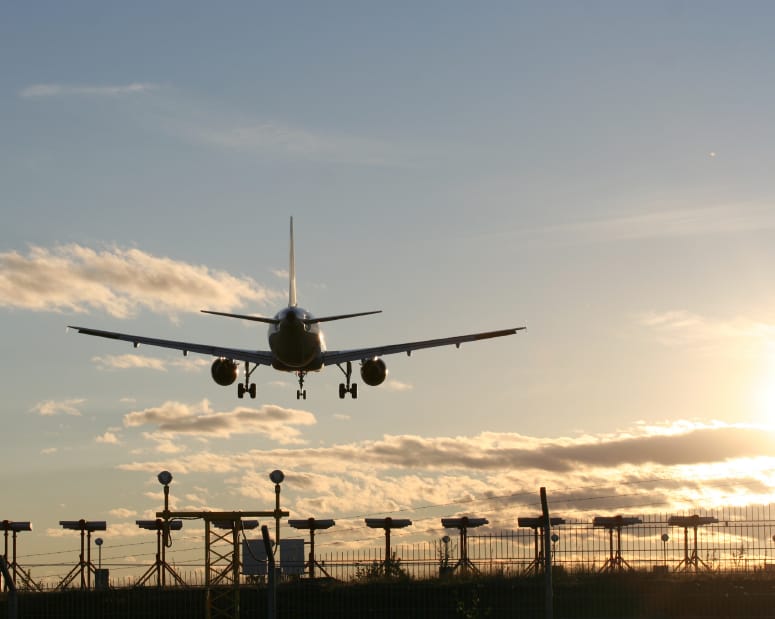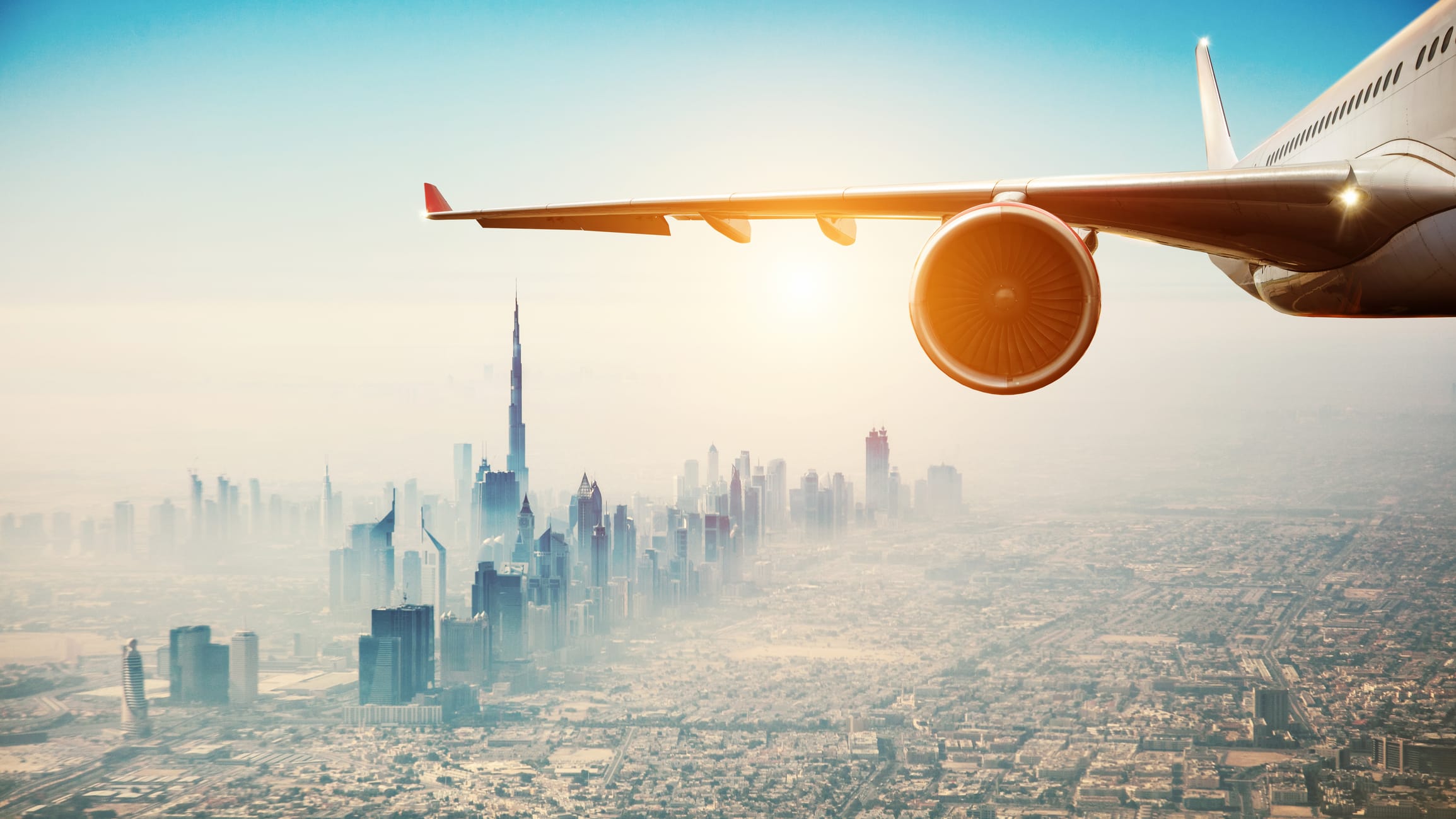In the same way the airline industry underwent many changes after 9/11 and the introduction of the Transportation Security Agency, it faces major shifts as the COVID-19 pandemic unfolds. While rumors in the aviation community have been swirling for weeks about what these updates might look like, in May 2020 they were codified as FAA regulations. They affect Part 91 (general flight rules) and Part 61 (certification regulations for pilots, flight instructors, and ground instructors.)
Private businesses are not the only ones that have had to shut down operations. Certain portions of state and federal government offices are closed, too. This affects the FAA, which is currently subjected to reduced staffing and all of this makes for a slowdown in paperwork processing. These changes are designed to not only keep pilots and their passengers safe, but allow relief to the FAA as well.
These new FAA regulations affect many aspects of flying, the airline industry and corporate life. The FAA’s Special Federal Aviation Regulation (SFAR) is in effect from May 1, 2020, through March 31, 2021. According to the SFAR, their aim is to provide
“regulatory relief to persons who have been unable to comply with certain training, recent experience, testing, and checking requirements due to the Coronavirus Disease 2019 (COVID-19) outbreak.”
It is important to understand the new FAA regulations, so let’s explore four aspects of these emergency provisions. Because these are temporary rule changes handed down by the FAA, insurance companies should abide by them as well.
Qualification Under the SFAR
The SFAR is aimed at any flight operation which demands a commercial pilot certificate and beyond, so it would initially seem that private pilots who cannot fly for profit are not included. However, under certain conditions, SFAR relief also applies to private-certificated pilots who have logged at least 500 hours total time. Four hundred of these hours need to have been accomplished as PIC (pilot in command.) Fifty of these have are required to have taken place within the past year.
The operation the pilot is undertaking must not fall under employment and is required to have a direct connection to family medical needs or the transportation of essential products either for public health or personal needs. Passengers may accompany the pilot but only if they are essential to the flight (for example, nurse practitioners, therapists, or doctors.) Pilots undertaking flights for medically connected charities on a volunteer basis are also eligible.
Grace Periods
Stay at home orders have meant that not only were pilots prevented from building time to take practical tests, but FAA employees were unable to administer them. The FAA has addressed this by allowing more time for pilots to meet various deadlines.
Pilots who had been putting off a flight review or proficiency check when the economic shutdown took place are in luck. Those who fly second in command (SIC) and whose currency lapsed under the quarantine may claim an extension of two extra months.
Airmen also have three additional months to complete a flight review as long as they were already current as of March 2020 and were scheduled for a flight review any time between March and June 2020. In order to qualify for this extension, the pilot needs to have flown at least ten hours as PIC within the past several months in the aircraft type for which he or she was to have the review.
A three-month grace period also applies to pilots who require an update to their instrument flight rules (IFR) rating. Normally, the requirement is six months. As long as the pilot has flown under instrument conditions at some point within the past nine months, he or she is eligible for this relief. This section of the SFAR applies through June 20, 2020.
The completion of turbojet proficiency checks can extend three extra months if airmen were due between March and June of this year. Check pilots, flight instructors, and crewmembers who fly under Part 125 fall within these extensions, too.
Medical Certificates
During the pandemic, many doctors offices have been closed to all but emergency and COVID-19 related cases. The FAA regulations have addressed this by allowing pilots whose medical certificates expire from March 31, 2020 through May 31, 2020 the ability to continue to fly on their previous medical through June 30, 2020.
This exemption was set in place to ease expected burdens on the American health care system. In addition, the FAA acknowledged that the close contact required by a medical certificate checkup potentially exposed both the applicant and the examining doctor to a higher risk of contracting COVID 19.
However, the temporary revisions to FAA regulations do not allow pilots who were previously medically prohibited from aviating to return to the cockpit. Airmen with medical conditions which require medication or certain treatments must continue these in order to fly.
Flight School FAA Regulations
These new FAA regulations also affect flight schools. Some flight instructors whose certificates would have normally expired on the basis of inactivity have been granted an extension. As America re-opens and state restrictions ease, this provision will allow flight schools the opportunity to get back to business. It also allows flight schools to address a backlog of student appointments caused by the pandemic. Also, pilots who were originally scheduled to complete air carrier training are allowed to continue.
Applicants for pilot school certificates, prevented by stay at home orders from conducting FAA inspections of training equipment and facilities, are granted relief under the SFAR. Provisional flight schools, normally directed to graduate ten different pilots and to meet an 80 percent pass rate for its students within two years, are asked to notifiy the FAA’s Flight Standards office if they are unable to test students and that their pass rate is therefore affected. Established pilot schools whose certificates are set to expire between April and June of this year now have through December 31, 2020 to renew.
Flight schools situated at airports should contact their airport administrators for updates. Since air travel is considered essential, the FAA will continue its safety inspection oversight for the duration of the pandemic, however state and local ordinances vary.
Ready to soar in your aviation career?
Mr. Matthew A. Johnston has over 23 years of experience serving various roles in education and is currently serving as the President of California Aeronautical University. He maintains memberships and is a supporting participant with several aviation promoting and advocacy associations including University Aviation Association (UAA), Regional Airline Association (RAA), AOPA, NBAA, and EAA with the Young Eagles program. He is proud of his collaboration with airlines, aviation businesses and individual aviation professionals who are working with him to develop California Aeronautical University as a leader in educating aviation professionals.


